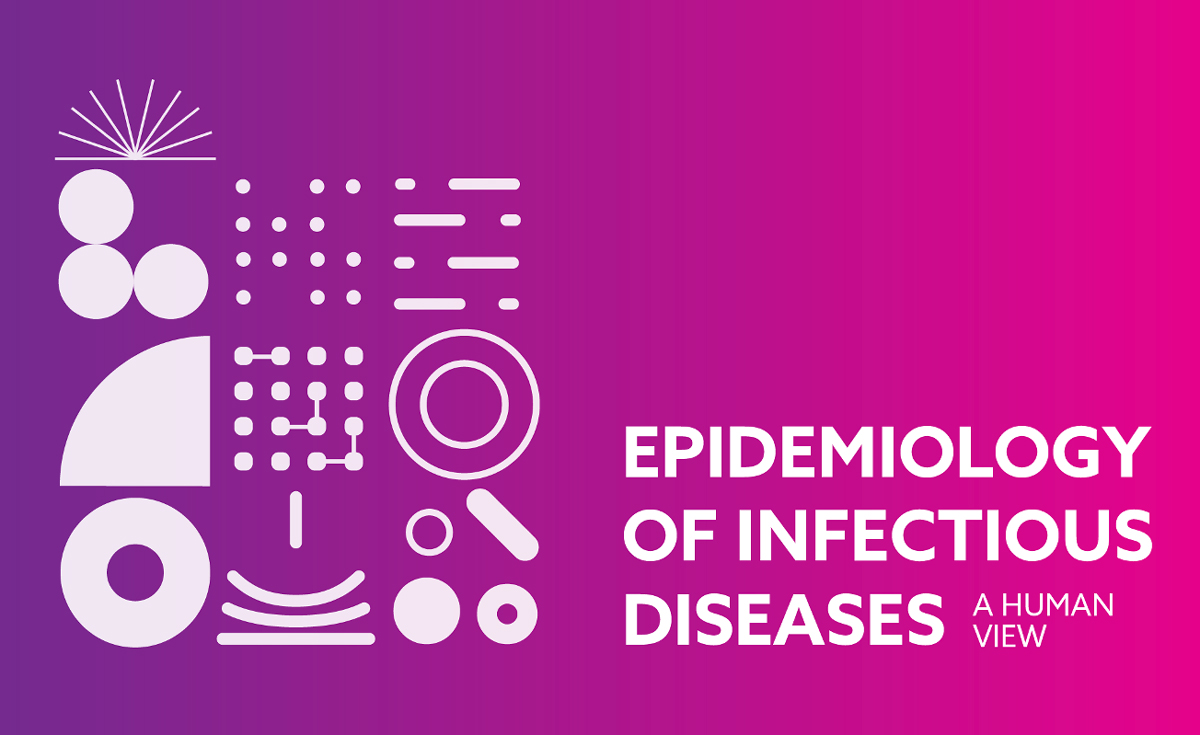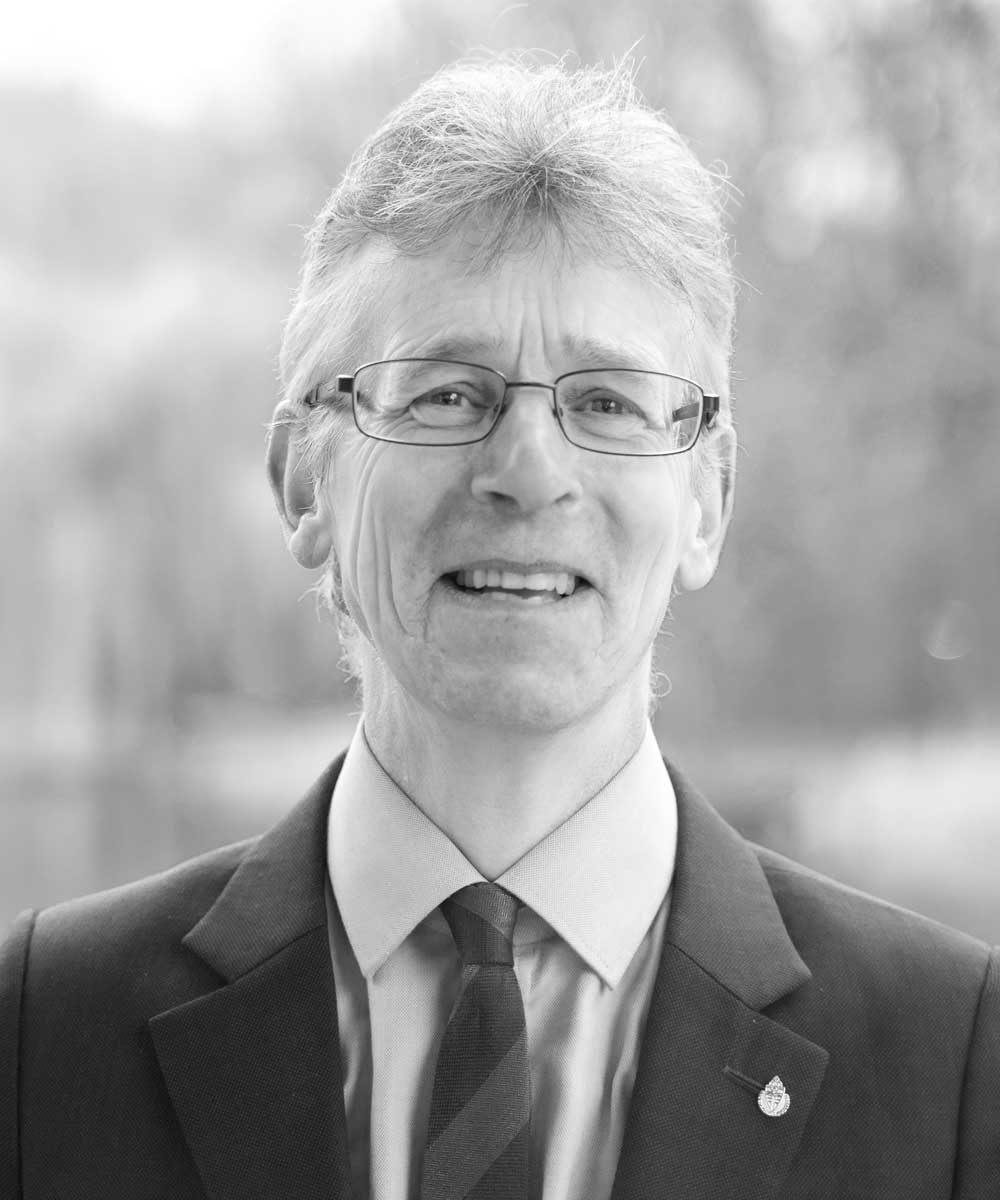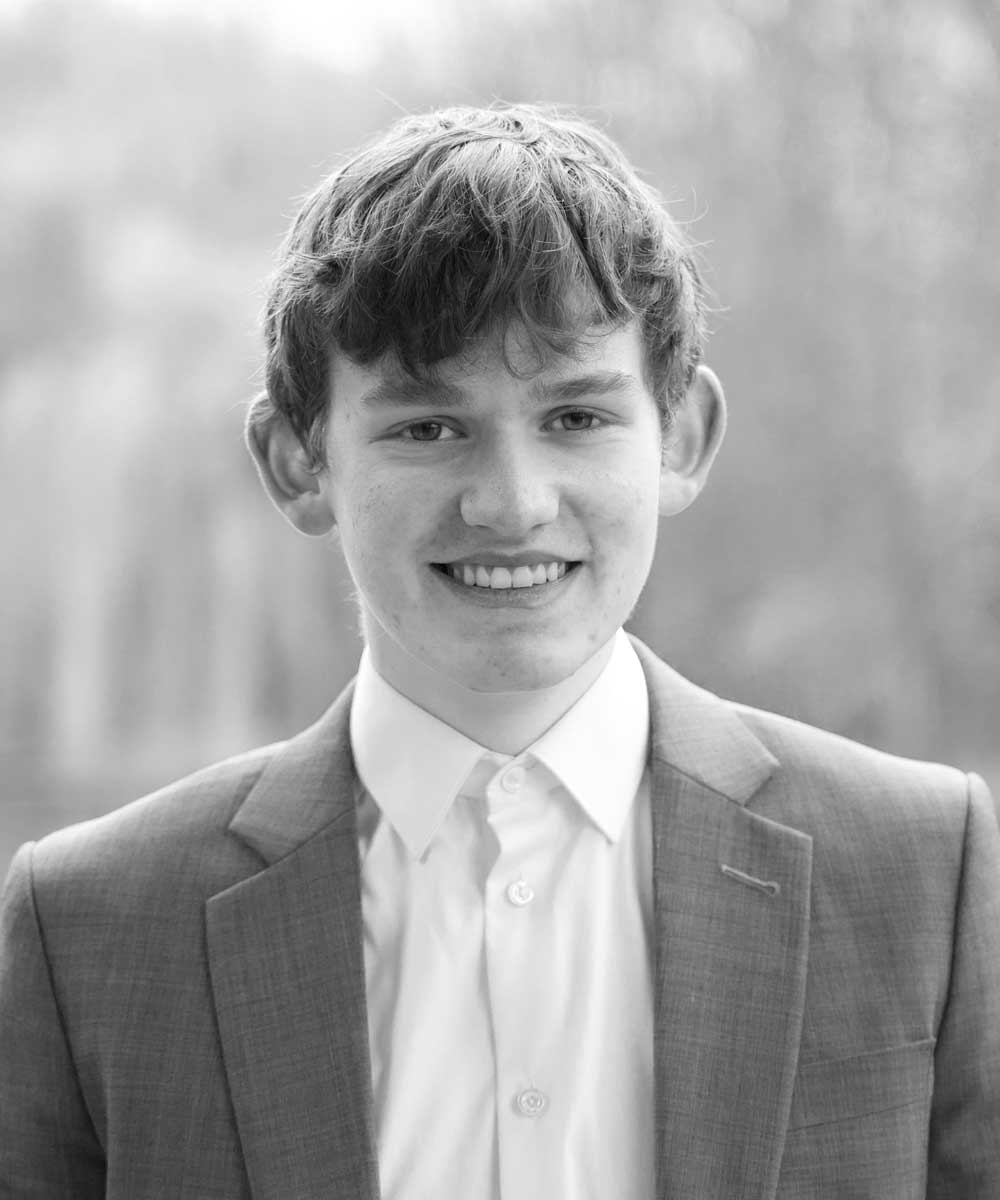SUMMER 2023
Jos Frantzen initiated the writing of a textbook on epidemiology of infectious diseases three years ago. He intended to be an editor, co-author, but Jos ended up as the one and only author of this voluntary job. The job turned into a full-time activity the last months to finalise the book. We will highlight the book in this Newsletter. Enjoy your reading!
Book contents
The study of epidemics among human beings belongs traditionally to the life sciences, and more specifically the bio-medical sciences. Current textbooks in epidemiology, therefore, provide a rather strong bio-medical view on epidemics. In the textbook, the bio-medical view is extended to a human view, including insights from humanities, social sciences. This extension challenges us all the more to combine the requirement of scientific objectivity with the subjectivity inherent to human life. In addition, the bio-medical view is deepened using knowledge of botanical epidemiology to dive into the topics of ‘evolutionary dynamics of pathogens’ and ‘epidemic spread of pathogens’.
The book is especially an invitation to bio-medical oriented students and senior scientists to reflect on the multi-dimensional, subjective, character of epidemics. Reflections that may enable appropriate, human, management of epidemics. The book encompasses an introductory chapter about the history and challenges of epidemiology, focusing on good science. It is followed by three chapters about infection at the individual level, i.e., (1) the trinity of human life, (ii) a wealth of pathogens, and (iii) epidemiological parameters. The part of infection at the population level is also composed of three chapters, i.e., (1) evolutionary dynamics of pathogens, (2) epidemic spread of pathogens, and (3) impact of disease epidemics. The part of managing epidemics concludes the book. It is composed of three chapters as well, i.e., (1) health risk assessment, (2) societal risk perception, and (3) societal responses. Each of the chapters is characterised by an icon. The ten icons are indicated on the cover of the book.

Launch of the book
The textbook is in press at Brill │ Wageningen Academic. The launch will be on the 10th of November in Museum Boerhaave in Leiden, The Netherlands. Prof Dr Lex Bouter, biologist-epidemiologist and Professor Emeritus of Methodology and Integrity of Amsterdam University Medical Centers will receive the first copy of the book. The launch will be an opportunity to learn more about the book. If you are interested to attend the launch, you may, please, contact the author (see details under CONTACT).
Author Jos Frantzen
Jos Frantzen studied biology at the Catholic University Nijmegen, the Netherlands, with majors in, geobotany, soil science, and law. He did an additional study in plant pathology and he received his PhD at the Agricultural University Wageningen, The Netherlands. Spatial dynamics of (plant) pathogens became a major subject of interest. He also acquired an additional Masters in human epidemiology at the Free University Medical Centre, Amsterdam, the Netherlands. He went, subsequently, to the University of Fribourg, Switzerland, becoming a lecturer for plant ecology and epidemiology. He did his ‘Habilitation’ at the same university. The German word ‘habilitation’ is a qualification for a professorship in various European countries, like Germany and Switzerland. Back in the Netherlands, Jos was employed by the Radboud University Medical Centre in Nijmegen and, subsequently, the Free University Medical Centre in Amsterdam. He made the transition from scientist to research manager in that period. Jos, subsequently, founded his own company, Driehoek Research Support, in research management. The company is based in Leiden, the Netherlands. The interest in epidemiology remained as expressed by his textbook ‘Epidemiology and Plant Ecology’ (2007) and the present textbook directed to human epidemiology.

Designer Lucas Frantzen
Lucas Frantzen designed the book graphically from cover to back. He holds a Bachelor’s degree in Industrial Design. He expressed his passion for design in various professional jobs, like the one of Driehoek Research Support. He also spent a year on the winning Brunel Solar Team, strengthening, amongst others, his skills in marketing, communication, and management. Additional skills that he used in a temporary job in healthcare already. He will continue with a Masters in Industrial Design in autumn.

Do you like to have a maximum of return of your research money? Does your research belong to the Life Sciences? Just contact us for more information, on paper, by way of a presentation, or an exploring chat.


